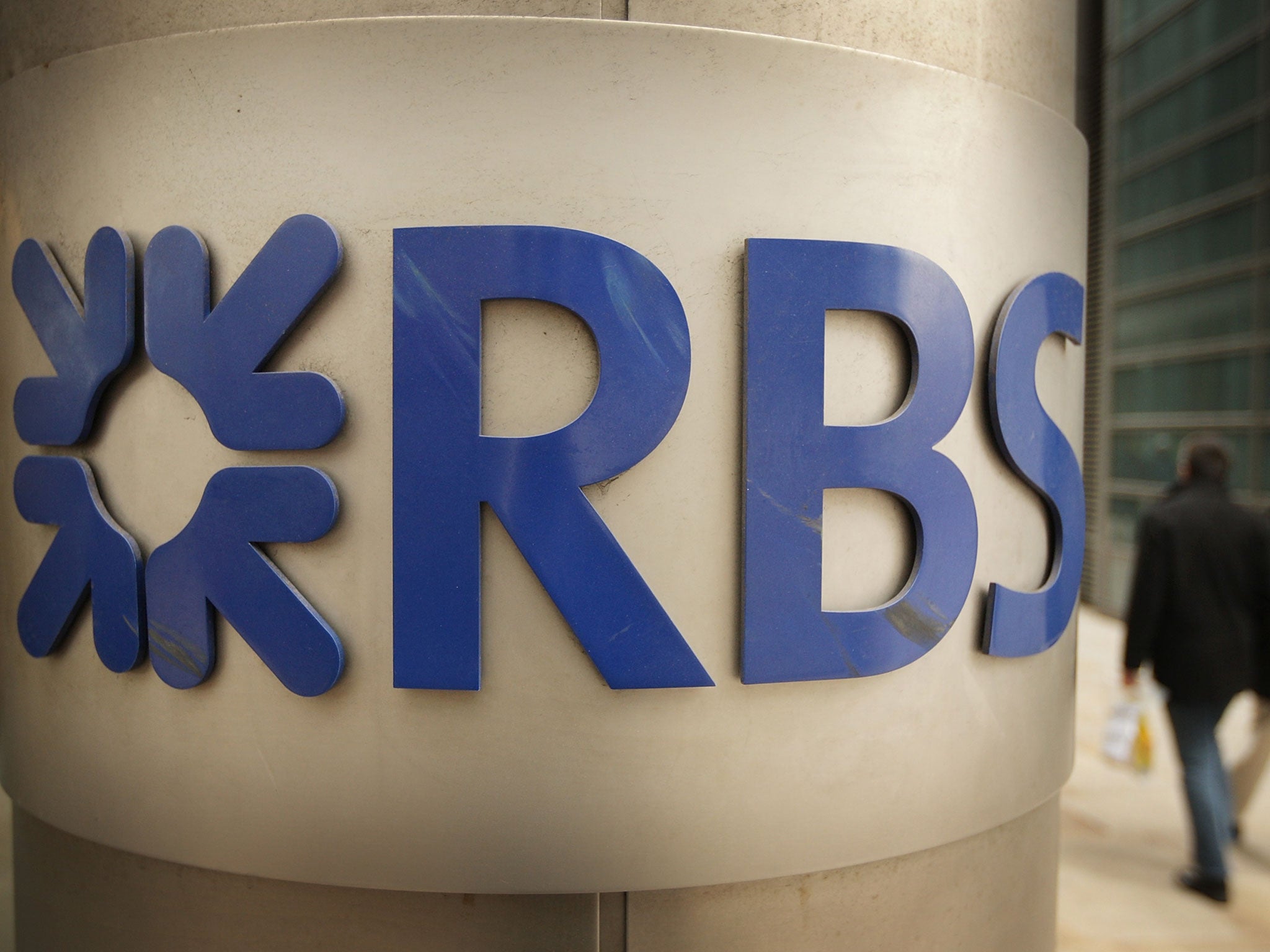Debt charity warned future in doubt after RBS uses stalling tactics to major mis-selling claim

A debt charity has warned its future is in doubt after the Royal Bank of Scotland used stalling tactics to avoid sorting out a major mis-selling claim.
Derby-based Direct Help and Advice has accused RBS of costing it at least £150,000 by mis-selling an interest rate hedging product to support its mortgage loans around five years ago.
The charity - which helps people at risk of being made homeless - had its mis-selling claim hearing in August 2013, but is still waiting for a decision.
Five months on, the situation has led the charity to warn it may have to shut down some of its services or close altogether, putting its 40 staff out of work.
Derby North MP Chris Williamson weighed into the dispute this week by saying it was a "travesty that Direct Help and Advice has been forced into this position".
"Derby people are suffering while RBS kicks its heels," he said.
The charity has written several times to the bank to try and find out when a decision will be made and said it was a "classic case" of a large lender trying to pressurise a small business by delaying tactics.
Rafe Nauen, chair of trustees at the charity said: "We have little choice but to assume that RBS is deliberately delaying giving its decision in the hope that we will go away or go under; either way it will get them out of paying any compensation."
The charity helps 5,000 people a year with advice on housing and homelessness.
"We are a small charity and being continually held at arms' length by the bank makes it very difficult for us to plan ahead properly," Mr Nauen said. "It is a classic case of the little man versus the big institution but we will not simply disappear to make life easier for the Royal Bank of Scotland."
It was sold its mortgage arrangements by its bankers NatWest, which is owned by RBS Group, in early 2009, just after the financial crisis took hold.
The charity claims the bank persuaded it to support the bank’s existing mortgage with an interest rate hedge product as a "zero cost" option, when the reality is that its loan servicing and debt exposure has actually increased.
The charity also says there is an exit cost of around £250,000 that was not made clear to it when taking out the product.
It says that due to the unexpected extra costs, other costs have also been imposed by the bank in relation to overdraft facilities, interest and service charges.
So if its claim is successful, it would expect to be paid compensation on top of the money it has spent to cover the extra costs of supporting its clients.
Mr Williamson said: "Direct Help and Advice supports people in crisis at a time when merciless Government cuts mean more families and individuals are in dire need and fewer organisations are able to help.
"It is a travesty that the charity has been forced into this position of limbo with RBS seemingly uninterested in resolving the situation."
A spokeswoman for the bank said: "We are sorry to hear of the frustrations experienced and can confirm that this enquiry is in the very latter stages of review by the independent reviewer. We have advised the customer of the reason for the delay and hope to have this matter resolved shortly."
But Mr Nauen said: "All we want to know is where we stand. There is a huge financial difference in the range of potential outcomes of our mis-selling claim, and while there is this continuing diffidence from RBS it is making life very hard. We will, however, continue to fight our corner."
The background to the mis-selling scandal
Serious failings in the way that banks sold interest rate hedge products were first uncovered by the City Watchdog in 2012, when it was known as the Financial Services Authority.
Consequently last May, the banks were forced to review all sales of the products made to customers since 2001.
The products were meant to insure small businesses against the risk of higher interest rates.
But when rates sunk, companies were left with bills often running into tens of thousands of pounds - or facing large penalties to get out of the deals.
The Financial Conduct Authority has told banks to speed up the compensation process, setting a deadline of May for the misspelling claims to be dealt with.
But RBS which has more claims under review than its big three rivals combined, which may be the reason why it appears to have developed problems processing claims.
It is assessing 9,194 cases, compared with 3,300 at Barclays, 3,253 at HSBC and 1,771 at Lloyds.
By the end of December RBS had dealt with 23 per cent of claims, according to FCA figures.
Video: RBS cash bonuses to be limited
Subscribe to Independent Premium to bookmark this article
Want to bookmark your favourite articles and stories to read or reference later? Start your Independent Premium subscription today.

Join our commenting forum
Join thought-provoking conversations, follow other Independent readers and see their replies